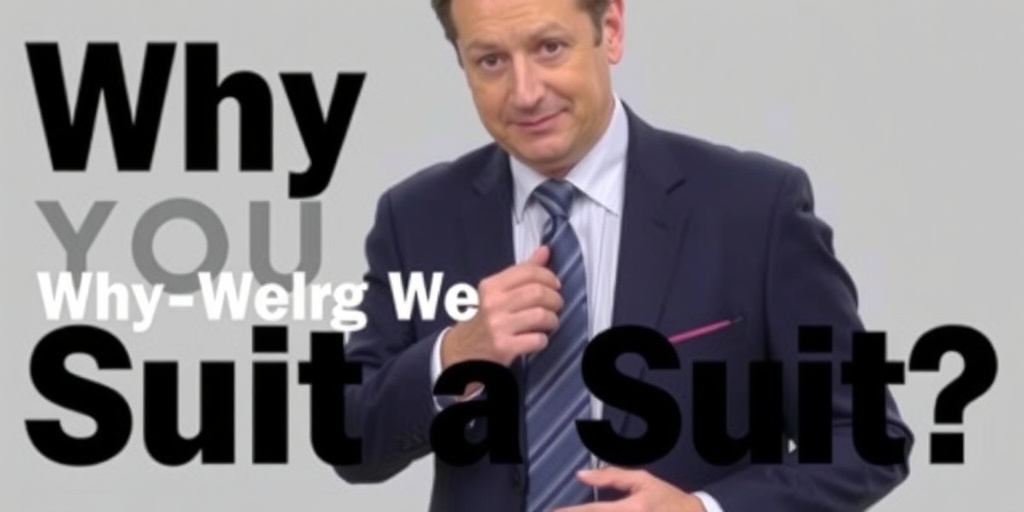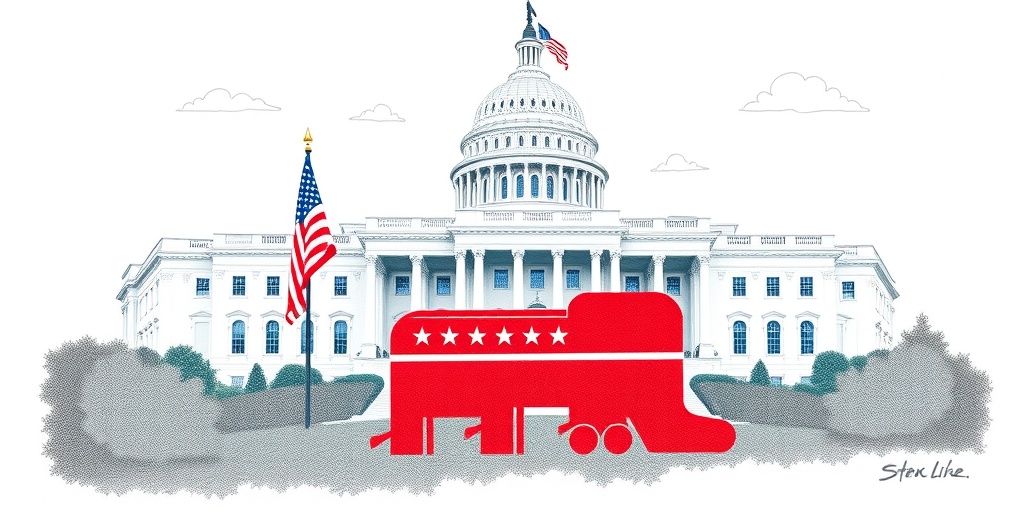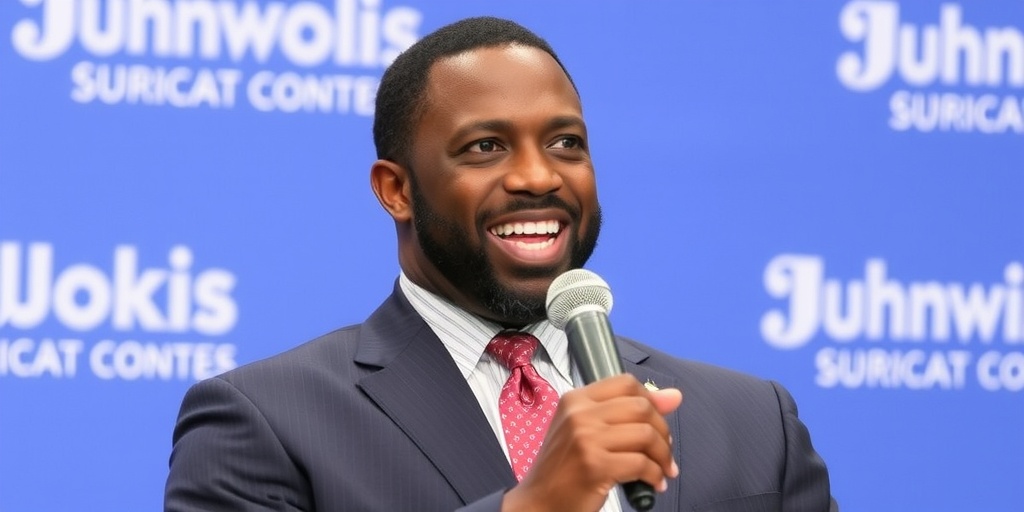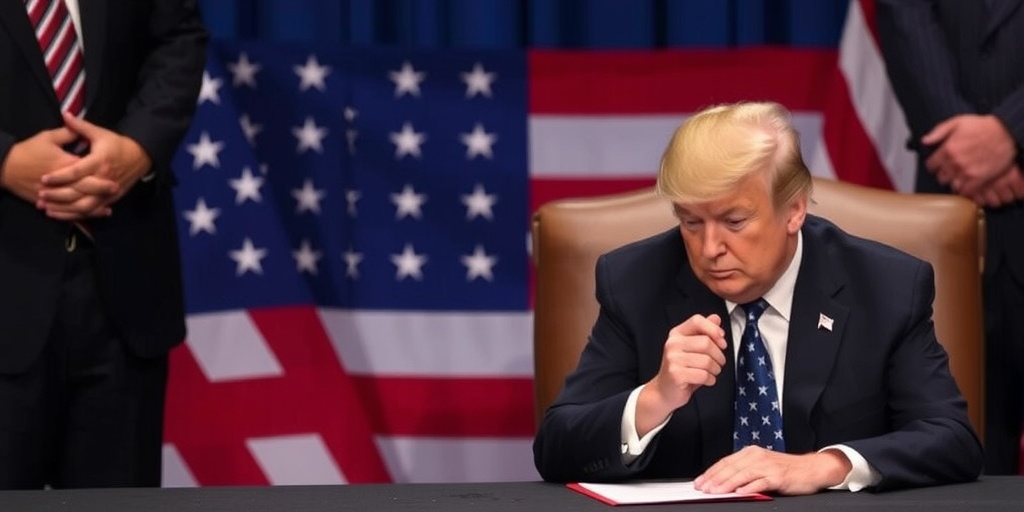Now Reading: ‘Why Don’t You Wear a Suit?’: Right-Wing Outlet Questions Zelensky’s Attire
-
01
‘Why Don’t You Wear a Suit?’: Right-Wing Outlet Questions Zelensky’s Attire
‘Why Don’t You Wear a Suit?’: Right-Wing Outlet Questions Zelensky’s Attire

Title: Zelensky’s Attire Sparks Controversy During White House Meeting with Trump
In a recent meeting at the White House, Ukrainian President Volodymyr Zelensky found himself in the spotlight, not just for the serious matters at hand—namely, the ongoing war in Ukraine—but also for his choice of attire. The event, which took place on Friday, has generated a significant backlash, particularly concerning Zelensky’s decision to wear military-style clothing instead of a suit, traditionally associated with political formality.
During the meeting, a correspondent from Real America’s Voice, Brian Glenn, directed pointed questions at Zelensky regarding his attire. “Why don’t you wear a suit?” Glenn asked, suggesting that it was disrespectful for Zelensky to appear in field uniform while visiting the highest office in the United States. He further inquired, "Do you own a suit?" and stated, “A lot of Americans have problems with you not respecting the office.” This line of questioning, unexpected in the context of a leaders’ meeting, underscored how deeply entwined perceptions of national respect and appearance can be in the political landscape.
Notably, Glenn’s outlet, which primarily serves a right-wing audience, was given access to the White House press pool for this event, a move that raised eyebrows given the administration’s recent decision to restrict entry to certain media outlets, including The Associated Press. The escalating tension between the Trump administration and various press entities has seen the White House selectively handpick reporters for events—putting Glenn’s questioning in a larger context of media dynamics under the current presidential administration.
Presidential attire has long been a topic of discussion, often reflecting the political climate and the message that leaders wish to convey. Zelensky, since the onset of the war, has consistently worn military fatigues as a symbol of solidarity with his armed forces and the struggles of his people. However, criticism of his choice of attire intensified following Glenn’s remarks, leading to a flurry of debate across social media platforms.
Former President Donald Trump, who was present during the exchange, seemed to reinforce the sentiment expressed by Glenn earlier in the day when he remarked on Zelensky’s dress, stating, “He’s all dressed up today.” This comment appeared to suggest that Trump was acknowledging Zelensky’s efforts to make a more formal presentation at this meeting compared to his usual military garb.
The critique of Zelensky’s attire did not go unnoticed, drawing immediate outrage from numerous observers online. Critics quickly pointed out the inconsistency within the political establishment; just days prior, billionaire entrepreneur Elon Musk attended a cabinet meeting in a T-shirt adorned with the words “tech support,” and he was also spotted wearing a shirt that read “Occupy Mars” in a previous Oval Office appearance. These instances painted a different picture of what is deemed acceptable attire for high-profile meetings, suggesting that the scrutiny placed on Zelensky may have been disproportionately harsh.
Internationally, support for Zelensky has surged amidst this controversy. Following the meeting, many voices from various sectors of society came to his defense, emphasizing the struggles Ukraine has faced since the war began and commending Zelensky for his courage and leadership during trying times. Lawmakers and media critics asserted that the attention on Zelensky’s clothing was not only trivial but also an inappropriate distraction from the grave issues at stake.
In response to the critical backlash following his questioning, Glenn posted a lengthy statement expressing “extreme empathy for the people of Ukraine” while continuing to criticize Zelensky for his attire. He indicated that while the olive-green military fatigues have a certain respect associated with them, his tactical sweater—a marked departure from formal attire—signified a lack of respect for the American Presidency and citizens who have supported Ukraine materially and morally throughout the conflict.
Further amplifying the discussion, Representative Marjorie Taylor Greene of Georgia, who is reportedly in a relationship with Glenn, took to social media to applaud his comments, asserting that Zelensky’s refusal to don formal wear during such a crucial visit demonstrated disrespect towards the United States, particularly as he sought financial support for his country.
This incident highlights a broader narrative about the intersection of appearances, politics, and international relations. As global leaders navigate complex diplomatic waters, the ongoing discourse surrounding attire, respect, and the symbolism inherent in clothing choices will likely continue to evolve, offering a captivating glimpse into the world of political communication in the modern age.
Stay Informed With the Latest & Most Important News
Previous Post
Next Post
-
 01New technology breakthrough has everyone talking right now
01New technology breakthrough has everyone talking right now -
 02Unbelievable life hack everyone needs to try today
02Unbelievable life hack everyone needs to try today -
 03Fascinating discovery found buried deep beneath the ocean
03Fascinating discovery found buried deep beneath the ocean -
 04Man invents genius device that solves everyday problems
04Man invents genius device that solves everyday problems -
 05Shocking discovery that changes what we know forever
05Shocking discovery that changes what we know forever -
 06Internet goes wild over celebrity’s unexpected fashion choice
06Internet goes wild over celebrity’s unexpected fashion choice -
 07Rare animal sighting stuns scientists and wildlife lovers
07Rare animal sighting stuns scientists and wildlife lovers





















